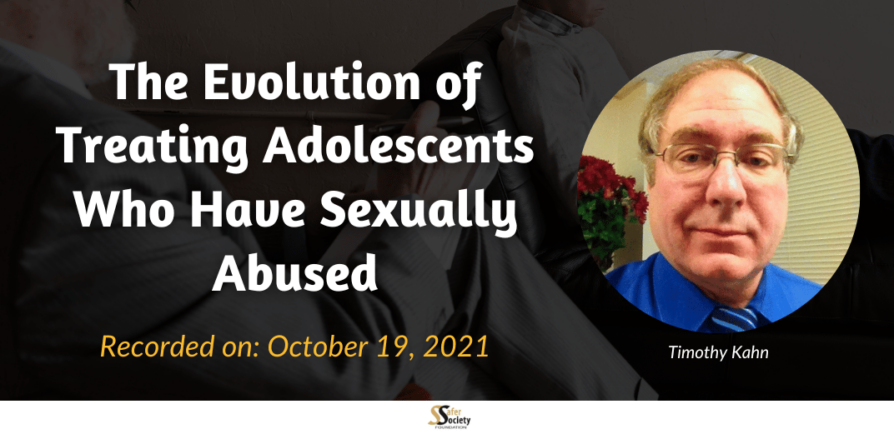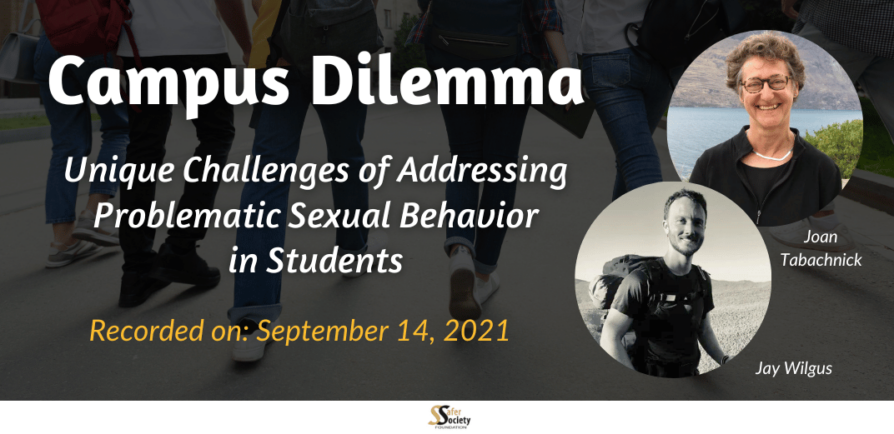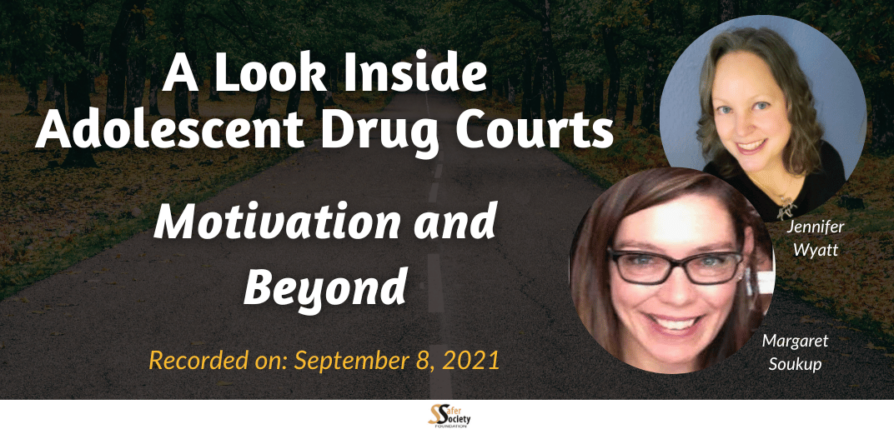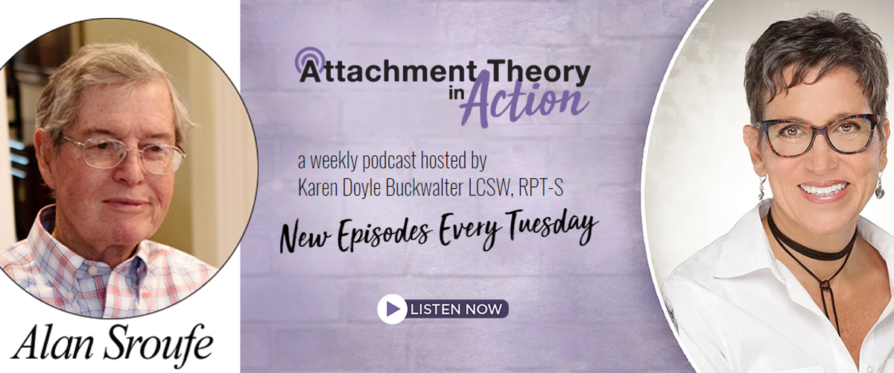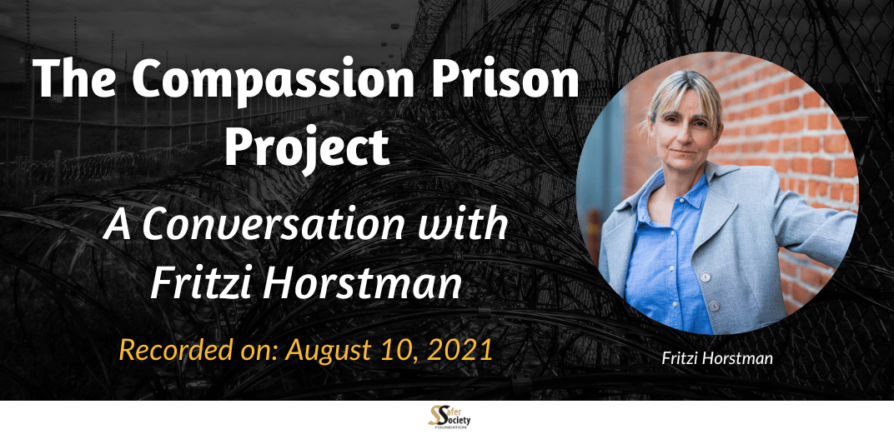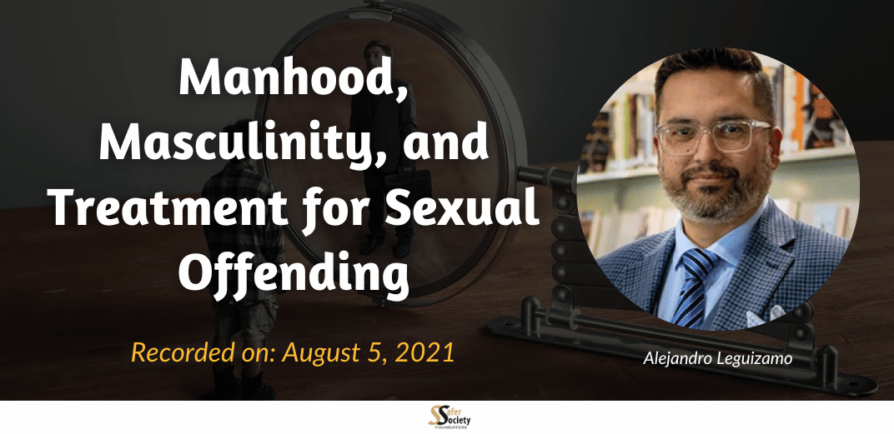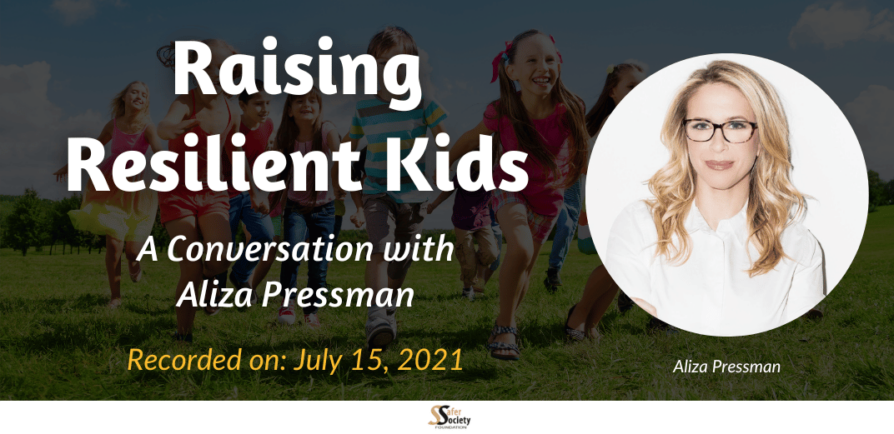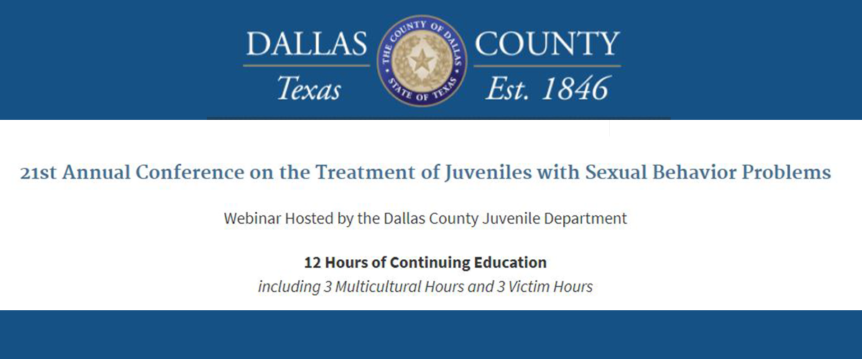The field of treating youths who have sexually abused others has changed dramatically over the past four decades. Where programs once imported ideas developed in adult institutions, the field is now more highly specialized, evidence-informed, engaging, and hopeful.
In this webinar, Timothy Kahn, author of workbooks such as Pathways, Footprints, Healthy Families, and Roadmaps to Recovery, discusses the many changes that have taken place in assessment, treatment, and supervision practices over time. This webinar focuses on what we’ve learned, what we can do, and where we can go from here.
